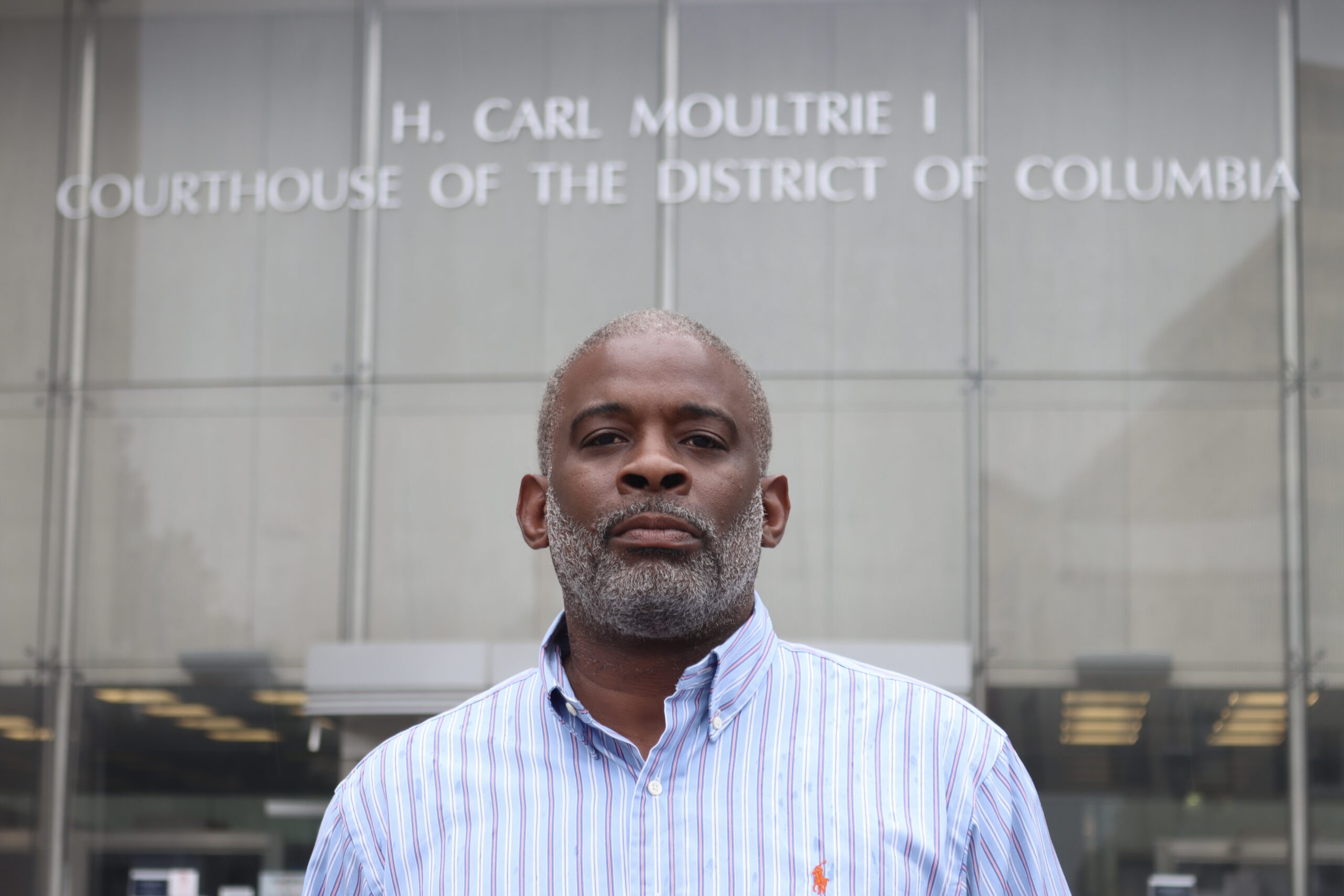Opinion: Does Maryland Need an ‘Innocence Inquiry Commission?’

By David Plymyer
The writer is a former county attorney in Anne Arundel County. He can be reached at [email protected] or on Twitter: @dplymyer.
There is no truer test of the morality and integrity of a state’s criminal justice system than its commitment to exonerate individuals wrongfully convicted of crimes through a process that is fair and impartial. If we learned anything from the Adnan Syed case in Baltimore, it is that a process that relies on elected local prosecutors is far too vulnerable to politics to consistently satisfy that standard.
There’s another way. Faced with a series of miscarriages of justice in the 1970’s and 1980’s, the British Parliament established an independent body known as the Criminal Cases Review Commission (CCRC) in 1995 to investigate cases of wrongful conviction in England, Wales and Northern Ireland. Scotland has its own CCRC.
To date, North Carolina is the only state in the United States to adopt the CCRC model. The North Carolina Innocence Inquiry Commission was established in 2006.
It’s a model that Maryland should consider. The Syed case demonstrated the pitfalls of the measure enacted by the General Assembly in 2019 that allows state’s attorneys to move at any time to vacate a conviction because of new information calling into question its integrity.
Last month, the Maryland Appellate Court overturned the decision by Baltimore Circuit Court Judge Melissa Phinn that vacated the conviction of Adnan Syed of the 2000 murder of Hae Min Lee based on a motion filed by former Baltimore State’s Attorney Marilyn Mosby. Judge Phinn issued her decision after a hearing in September.
The victim’s family had a statutory right to receive reasonable notice of and attend the hearing. The appellate court held that Mosby’s office violated that right by only giving the victim’s brother one business day’s notice of the hearing. It ordered a “new, legally compliant and transparent hearing.”
A flaw in the hearing itself was the lack of the usual safeguards attendant to our system of justice. The only two parties present were the state, represented by Mosby’s office, and Syed, represented by his lawyer, and they were on the same side of the issue. No participant demanded that the conclusions of Mosby’s investigators be supported by evidence introduced through witnesses subject to cross-examination.
The most damning conclusion was that Kevin Urick, the prosecutor in the 2000 trial, withheld exculpatory evidence from Syed’s defense. Mosby’s motion claimed that Urick’s handwritten notes pointing to the existence of another suspect were not disclosed to the defense. According to the motion, the notes reported that the other suspect stated that “he would make her [Hae Min Lee] disappear. He would kill her.”
Urick was not called to testify. It was only after the hearing that we (and presumably Judge Phinn) learned that Urick maintains that the “he” in the notes referred to Syed, not another suspect. Mosby’s investigators never interviewed Urick to confirm their interpretation of his notes.
Maryland Attorney General Brian Frosh called Mosby’s conduct during her quest to exonerate Syed as “unorthodox and questionable” and the failure to interview Urick “remarkable.” The published opinion of the Appellate Court of Maryland, which reinstated Syed’s conviction, clearly reflects the majority’s dim view of the reliability of the outcome of the proceedings. Syed may be innocent, but that was not proved at last September’s hearing. His attorneys filed a motion for reconsideration to the Appellate Court this week.
Reliance on “conviction integrity units” within the offices of elected prosecutors to address the problem of wrongful convictions is a frequent source of controversy. It is a situation that invites internal conflict, given a prosecutor’s traditional role within our adversarial system of criminal justice.
The Syed case is an example of what can happen when a “progressive prosecutor” like Mosby is in charge. An equal if not greater concern is the reticence of “law and order” prosecutors to use the 2019 statute at all.
Former Maryland governor Larry Hogan granted John Norman Huffington a full innocence pardon for charges of murder on which Huffington was wrongfully convicted in Harford County in 1981. The pardon came only after former Harford County State’s Attorney Joseph Cassilly was disbarred in 2021 for deliberately withholding exculpatory evidence from Huffington’s defense attorney.
Does anyone really believe that a conviction integrity unit in Cassilly’s office would have made any difference?
An innocence inquiry commission established as an independent state agency would not replace the efforts of advocacy groups like the nonprofit Innocence Project. It would, however, help ensure that adequate resources are applied fairly and impartially to seek justice for the wrongfully convicted.
Wrongful convictions result when the adversarial system of justice fails. The United Kingdom saw fit to look outside its own adversarial system to redress those failures. It adopted a concept drawn from the “inquisitorial” system of justice used in many countries, including France and Germany, in which apolitical, neutral public officials supervise the investigation and prosecution of cases. Maryland should consider becoming the second state in this country to follow suit.




 Creative Commons Attribution
Creative Commons Attribution